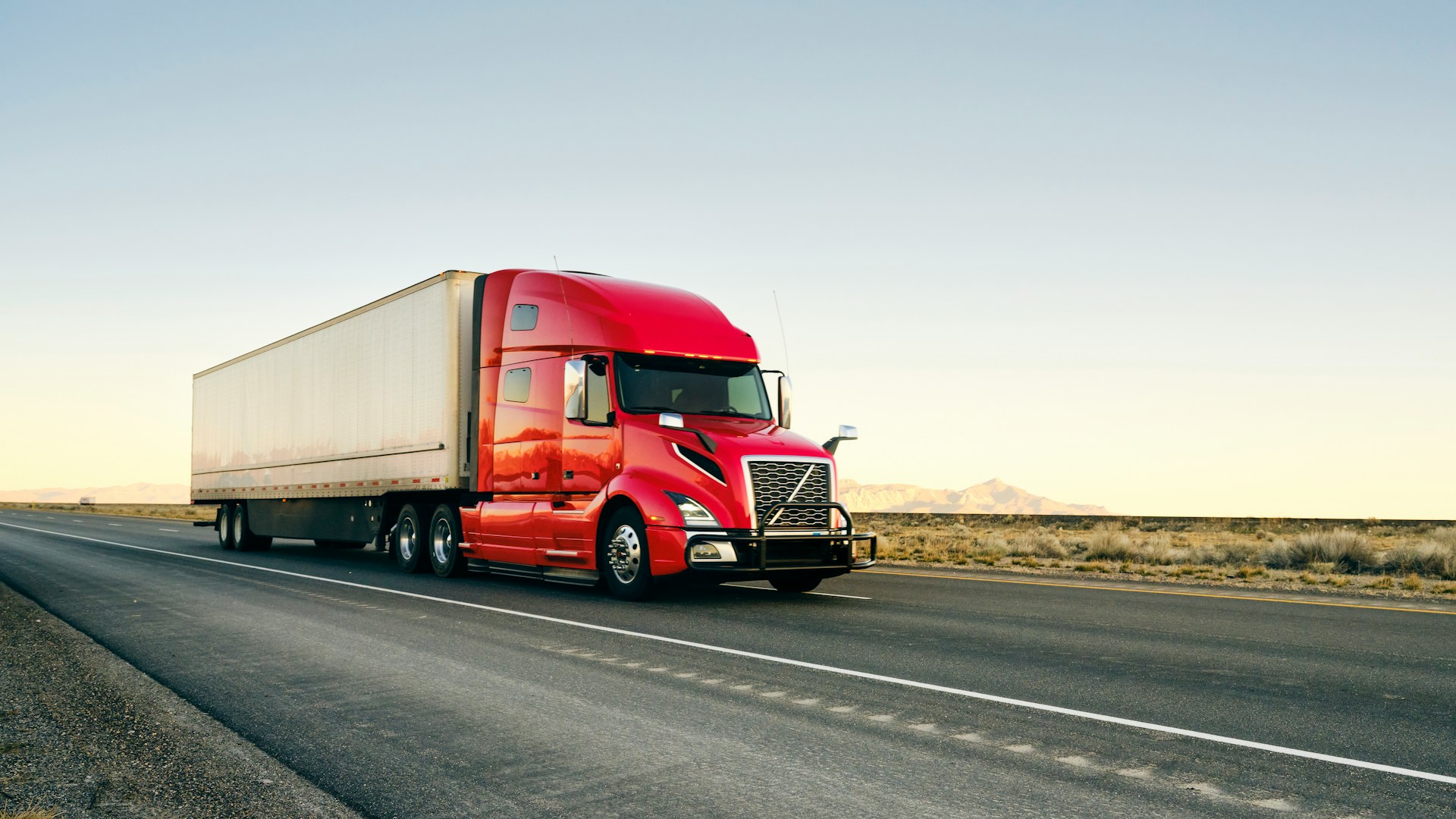
Why Proper Forklift Training Is Important for Warehouses
March 1, 2023
Understanding Ontario’s Graduated Driver’s Licencing System 100%
March 15, 20235 Organisations in Canadian Trucking You Should Know

Canada’s trucking industry is a major contributor to the country’s economy, providing a reliable and efficient way to transport goods across the country. As a result, the Canadian government has implemented a range of regulations to ensure the safety and efficiency of the industry.
These regulations range from requirements for drivers to restrictions on the type of goods that can be transported. In this guide, we will provide an overview of the organizations regulating Canada’s trucking industry.
1) The Federal Government
The Federal Government is responsible for managing the trucking industry in Canada. The Canadian Trucking Alliance (CTA) is the national trade association representing the interests of trucking companies. The CTA works closely with the Federal Government to ensure the best possible policies and regulations are in place.
The Federal Government also works with provincial governments and other stakeholders to ensure a safe and efficient trucking system. Additionally, Transport Canada sets and enforces safety, security, and environmental regulations for the trucking industry.
2) Provincial Governments
Provincial governments are responsible for setting and enforcing regulations on trucking in their respective provinces. This includes things such as truck driver licensing, vehicle registration, hazardous material transportation, and more.
Provincial governments also handle road maintenance, so they are a key partner when it comes to ensuring that truckers have safe and efficient routes to take when delivering their cargo. Provincial governments also provide funding for trade-related initiatives such as outreach programs and research projects to help improve the trucking industry.
3) Municipal Governments
Municipal governments play a key role in the Canadian trucking industry. They are responsible for maintaining and improving infrastructure such as roads, bridges, and highways, which are critical for trucking companies to operate efficiently and safely. Municipal governments also set and enforce regulations on trucking operations, including speed limits and weight restrictions.
By ensuring that trucking companies adhere to these regulations, municipal governments help to ensure the safety and efficiency of the trucking industry.
4) Federal, Provincial and Municipal Police
The Canadian police force is split into three levels: federal, provincial, and municipal. The federal police force is responsible for enforcing federal laws and regulations, such as those related to drug trafficking, terrorism, and immigration. Provincial police are responsible for enforcing provincial laws, such as those related to traffic and public safety, while municipal police are responsible for enforcing municipal by-laws and regulations.
All three levels of police work together to provide a safe environment for Canadians. In the trucking industry, these forces work together to ensure that truckers are following the laws and regulations, so it is important for trucking companies to be familiar with them.
5) Trucking Associations
Trucking associations are important organizations in the Canadian trucking industry. They are dedicated to promoting and protecting the rights and interests of trucking companies, drivers, and other stakeholders.
They provide resources, guidance, and industry support to ensure that the trucking industry operates safely, responsibly, and efficiently. They also work to ensure that all aspects of the trucking industry are in compliance with government regulations.
Conclusion
Canada’s trucking industry is heavily regulated by a number of government agencies and organizations. The regulations ensure the safety of drivers and the public, as well as protect the environment from negative impacts.
If you want to make sure your truck drivers are prepared for the road, Sprint Driving School has you covered. We are an AZ truck driving school in Toronto that can help you out. Get in touch with us today to learn how.

